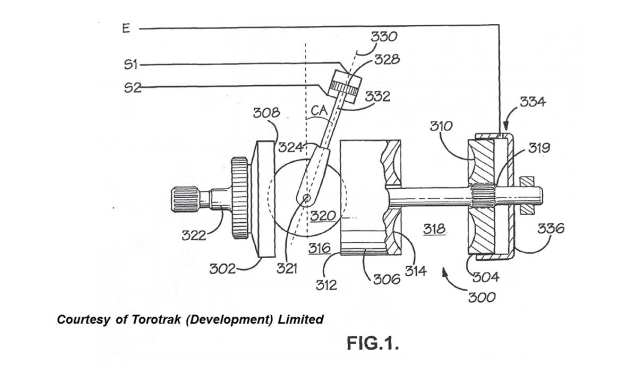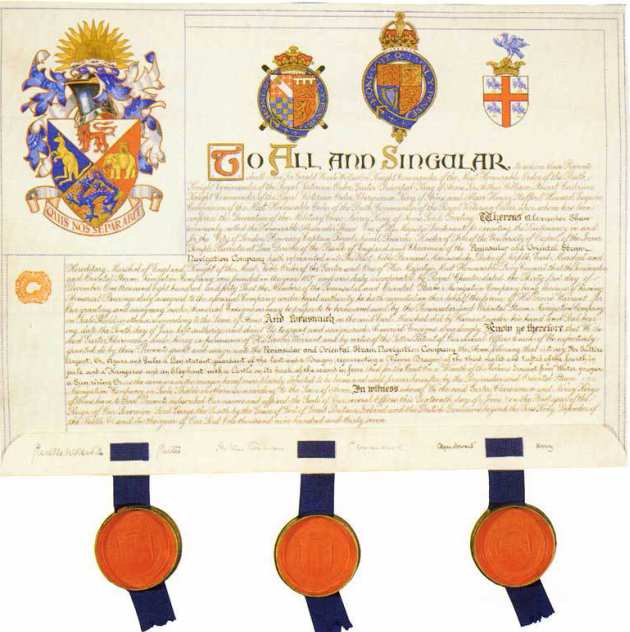Dr Marco Morbidini is a UK and European patent attorney and senior associate at Marks & Clerk LLP where he serves a variety of clients in the automotive, aerospace and oil & gas sectors including large corporations, universities and SMEs.
What did you learn during your time at Imperial, in class and out?
“Certainly I developed to a great extent my ‘technical baggage’ in the disciplines which were the direct subject of my doctoral studies (ultrasound, thermography, etc.). Apart from that, more generally during my time at Imperial College I learnt to ‘manage complexity’ – an Imperial PhD project will be complex! Part of the solution to complex problems was simply being part of a great, world-class research group – the non-destructive testing (NDT) laboratory led by Professors Peter Cawley and Mike Lowe (both now fellows of the Royal Academy of Engineering). There would always be someone around in the lab to ask a question to, or to get help from – teamwork at its best. You’d never get stuck! I remember making progress in my studies as a result of discussions with fellow researchers, doctoral or post-doctoral (sometimes at the pub, or while sitting on a lawn at Hyde Park). I also learnt how to communicate complex information to qualified audiences, such as researchers actively working in the same or neighbouring fields, or lay audiences requiring a little less technical detail. I also learnt a great deal outside the walls of the lab and made friends from all the corners of the world, many of whom I am still in contact with.”
What is your fondest memory of your time here?
“Well, there are so many. I remember the trips to conferences worldwide together with fellow researchers. Once, after a conference in Colorado, we went white-water rafting in the Rockies! The trips to the US were regular, but I also travelled across Europe. I met my wife at Imperial. She was finishing her PhD in civil engineering while I was starting mine. I remember long coffee meetings in her department because coffee was free there for postgrads! Like myself, she too played volleyball for Imperial. Our relationship developed between digs and spikes, after a day’s work in our respective labs.”
What jobs have you done since graduation?
 “For more than a year I continued as a post-doctoral research associate at Imperial. I would have loved to carry on indefinitely but at some point I had to admit to myself that an academic career was not going to be for me and I had to make a choice. I thus entered the patent profession as a trainee in a large London firm of patent and trademark attorneys. I qualified about four and a half years later. I spent a year in the oil and gas industry as in-house patent counsel, then returned to private practice. I am currently a patent attorney in a private practice firm in London.”
“For more than a year I continued as a post-doctoral research associate at Imperial. I would have loved to carry on indefinitely but at some point I had to admit to myself that an academic career was not going to be for me and I had to make a choice. I thus entered the patent profession as a trainee in a large London firm of patent and trademark attorneys. I qualified about four and a half years later. I spent a year in the oil and gas industry as in-house patent counsel, then returned to private practice. I am currently a patent attorney in a private practice firm in London.”
How has what you learnt at Imperial helped you in your career so far? 
“To start with, I have a solid technical understanding of the technical problems inventors (usually engineers) typically have to deal with in research and development. That usually allows me to distil any inventive sparks there may be in their activities and use those to help them get protection for their inventions, if they require it. Furthermore, patenting has an international side to it: I regularly liaise with associates all across the world. Having spent time in an International organisation such as Imperial helps. The other week, in talking to a new US associate we learnt that we were both Imperial alumni!”
What have been your career highlights (and lowlights if appropriate)?
“While a research associate, I received praise for my research (e.g. Bob Chivers Prize of the Institute of Physics, 2008). I fully qualified as a UK and European patent attorney relatively quickly, and this was not something easy to achieve especially for someone who doesn’t have English as mother-tongue. I now serve a wide variety of clients as a patent attorney and often receive heart-felt thank yous, each of which is like a little prize to me.”
What are your plans for the future?
“Improve in what I am doing, for my sake but also for that of my clients. I want to maintain my own unique selling point which is maintaining focus on a sound technical approach to industrial protection. One day, I would also like to ‘own my business’ by entering into a partnership with fellow attorneys.”
What would be your advice for current students?
“Simply to make the most of it! There isn’t anything better than Imperial out there, and these are likely to be the best days of your life! At Imperial, you are at the centre of the world, use this opportunity! And you are in London - what more could you want from life?”
What’s the most difficult decision you’ve ever had to make?
“Perhaps there is no single most difficult decision I have had to make to date. Certainly, however, running a family and doing the job I do both require a multitude of small, important and difficult decisions every day for my family and clients. It’s a considerable responsibility.”
What are you most proud of in your life?
“Nowadays, certainly, my family but looking at my CV that does not look bad either and Imperial is a badge of distinction – no doubt about that. I also love the job I do, and I consider myself privileged to have been given the opportunity to do it. Again, Imperial helped.”
Do you have a favourite quote or saying?
“I have a few, but I’ll mention one which often helped me make headroom in my studies while at Imperial: ‘To find the answer, all you have to do is ask the correct question.’”